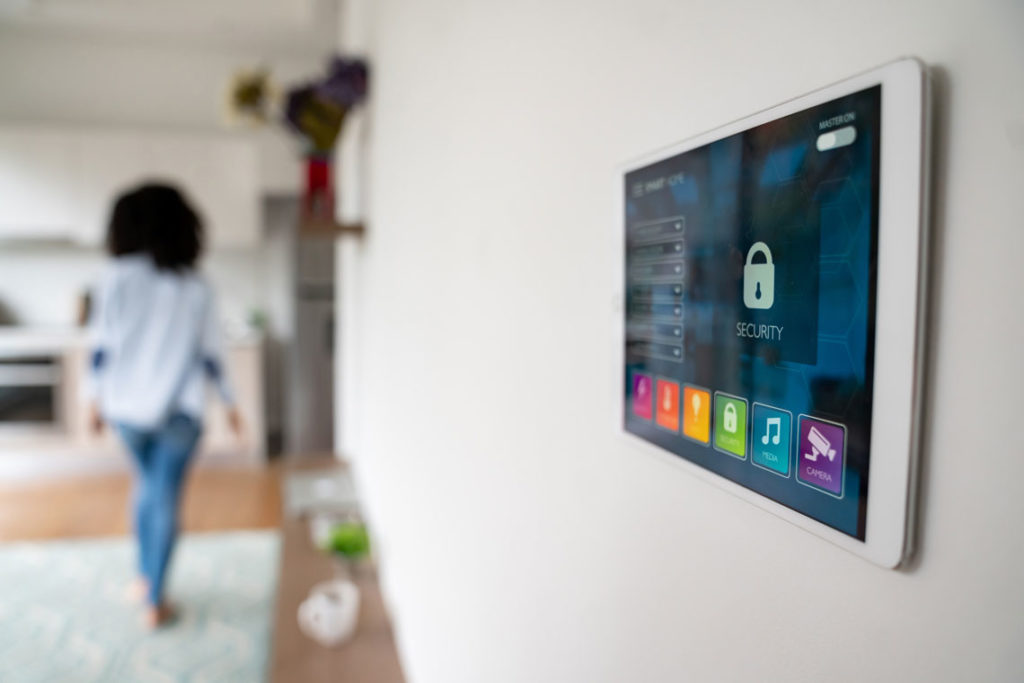
Inviting Alexa, Siri or Google into your home can be exciting and beneficial for you and your family.
Equipped with the ability to stream music, play games, tell jokes and provide the answer to almost any question, smart speakers offer some much-needed distraction and entertainment – especially for children.
Like all online devices, smart speakers – or digital assistants – can pose certain risks in terms of your child’s privacy and the content they are exposed to.
However, there are steps you can take to keep your child safe while using and enjoying them.
